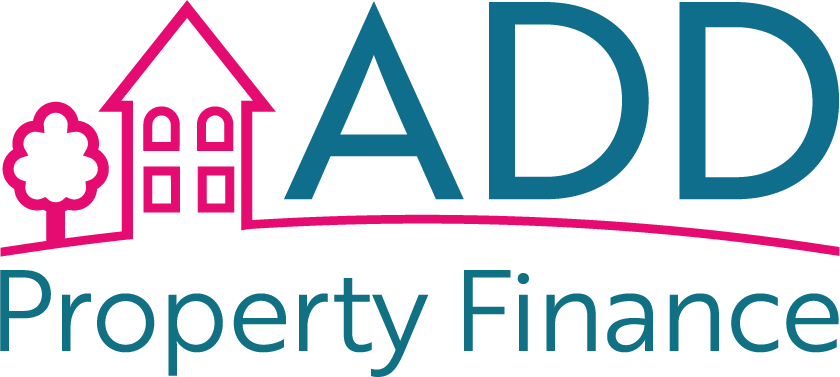When considering a second charge mortgage, one critical factor that can significantly influence your eligibility and the terms you’re offered is your credit score. In this article, we’ll explore the role credit scores play in securing second charge mortgages and provide practical strategies for improving your creditworthiness to enhance your chances of approval.
Understanding Credit Scores and Second Charge Mortgages
Your credit score is a numerical representation of your creditworthiness, based on your financial history, borrowing habits, and repayment patterns. Lenders use this score to assess the risk of lending to you. Here’s how credit scores affect your ability to secure a second charge mortgage:
- Eligibility: Lenders typically have minimum credit score requirements for second charge mortgages. A lower credit score may limit your options or result in higher interest rates.
- Interest Rates: A higher credit score often leads to more favourable interest rates. Borrowers with excellent credit are likely to secure lower rates, saving them money over the life of the loan.
- Loan Amount: Your credit score can also influence the maximum loan amount you can qualify for. A stronger credit profile may allow you to borrow more.
Tips for Improving Your Credit Score
Improving your credit score can not only increase your chances of securing a second charge mortgage but also help you secure better terms. Here are some practical strategies to enhance your creditworthiness:
- Check Your Credit Report: Start by obtaining a copy of your credit report from major credit agencies. Review it for errors or discrepancies that may be negatively affecting your score.
- Pay Bills on Time: Consistently paying your bills, including credit cards, loans, and utilities, by their due dates can have a positive impact on your credit score.
- Reduce Outstanding Debt: Work on reducing credit card balances and other outstanding debts. High credit utilisation can negatively affect your credit score.
- Don’t Close Old Accounts: Closing old credit accounts can shorten your credit history, which may have a negative impact. Keep older accounts open, even if you don’t use them often.
- Avoid Opening Too Many New Accounts: Opening several new credit accounts in a short period can lower your average account age and potentially hurt your credit score.
- Correct Any Errors: If you find inaccuracies on your credit report, dispute them with the credit reporting agencies to have them corrected.
- Diversify Credit Types: Having a mix of credit types, such as credit cards, instalment loans, and retail accounts, can positively impact your credit score.
- Be Patient: Improving your credit score takes time. Be patient and consistent with good financial habits.
Seek Professional Advice
If you’re unsure about your credit situation or how to improve your credit score, consider seeking advice from a financial advisor. They can provide personalised guidance and strategies tailored to your specific circumstances.
In conclusion, your credit score plays a crucial role in securing a second charge mortgage. By understanding how credit scores impact your eligibility and implementing practical strategies to improve your creditworthiness, you can enhance your chances of not only getting approved but also securing more favourable terms on your second charge mortgage. Remember that improving your credit score is a long-term effort that can have a positive impact on your overall financial health.







